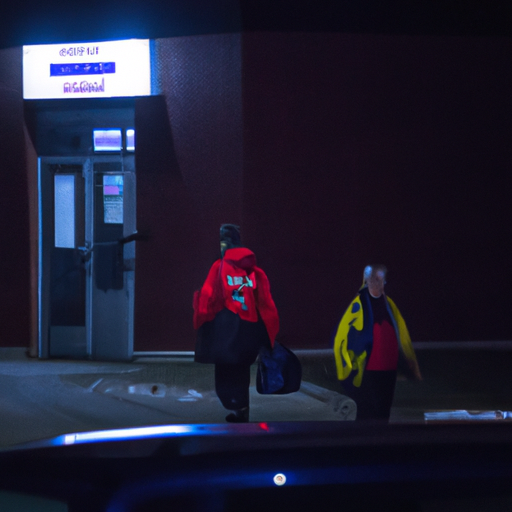Ongoing Urgency: Canada’s Opioid Crisis
As the opioid crisis continues to impact cities and communities across the country, the need for comprehensive solutions becomes increasingly urgent. Today, we’re obtaining insight from a recent article in the Times Colonist discussing the city of Belleville’s calls for a new approach to tackling this devastating issue. Amidst the opioid crisis, Belleville is grappling with stark realities, notably an increase in related crime and homelessness. We delve into what’s happening on the ground, responses to the crisis, and current challenges to implementation efforts in this post.
Unfolding Crisis: Belleville’s Drug Epidemic
The opioid crisis’s escalating severity fosters a harsh landscape in Belleville. As per the Times Colonist report, high rates of opioid-related deaths hit the Kingston-Quinte region, Belleville being the epicentre. This rise in the opioid crisis has also been coupled with increasing crime rates and homelessness, placing enormous strain on the community and emergency services.
Tackling Opioid Issues: The Struggle for Resources
While the Ontario government recognises Belleville’s frustrating situation, it has adjourned until the city can establish a solid business case for additional resources, including a new health hub. These obstructions, coming amidst an ongoing opioid class action against pharmaceutical companies, show that although the problem is acknowledged, translating awareness into tangible support is fraught with complications.
Points of Action Amidst the Crisis
In the wake of their struggle, Belleville and other affected communities have deployed various strategies, the effectiveness of which is still being assessed. These approaches include:
- The increased distribution of Naloxone kits. Naloxone, a drug that can reverse the effects of an opioid overdose, has been widely promoted as a short-term remedy that can save lives within moments.
- Exploring the establishment of an opioid class action lawsuit. This is directed at pharmaceutical corporations that have allegedly played a significant role in the rampant spread of opioids in Canada.
- Seeking relevant permissions and funding for setting up a ‘one-stop hub’ for health services. It is a patient-centred approach providing integrated care, wherein an individual can access a plethora of services all in one place.
The hurdles to these approaches are manifold; from bureaucratic red tape to inadequate resources, and funding, it’s clear that the fight against the opioid crisis needs a more streamlined, comprehensive strategy at all institutional levels.
Understanding the Opioid Crisis: Concluding Thoughts
Wrapping up, today’s overview of Belleville’s scenario in relation to the broader opioid crisis in Canada has raised some essential points to consider. The current crisis doesn’t simply involve addiction; it’s a multifaceted issue with deep roots in community problems, including poverty, unemployment, systemic discrimination, and scarce resources.
Efforts taken in response, like increasing access to Naloxone, pursuing an opioid class action lawsuit, and seeking a health hub setup, are only the initial steps. Solving this crisis requires a cohesive, collective effort from every level of our society – both on the ground and at the legislative level. We’re hopeful for the day when the consistent, dedicated work of communities, organisations, and individuals can bring an end to the opioid crisis, restoring peace and health across all our towns.
For continued updates on the opioid crisis, stay tuned to this blog. Together, let’s maintain the dialogue and work towards the change we desire.


